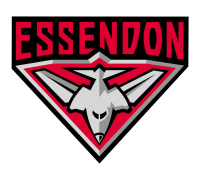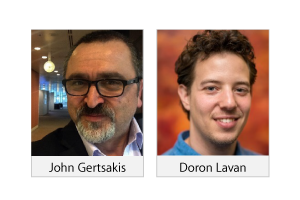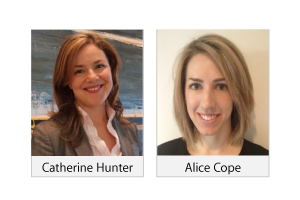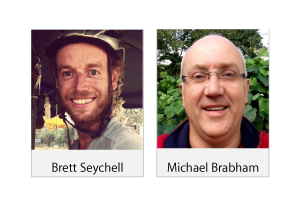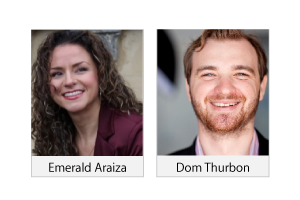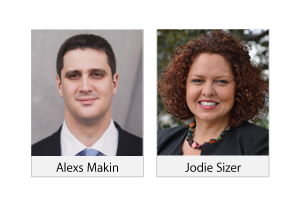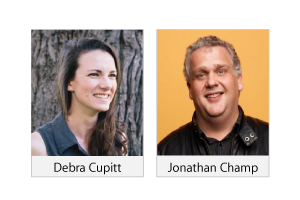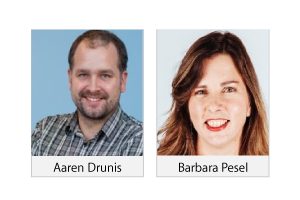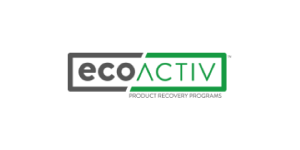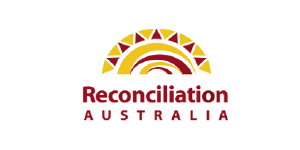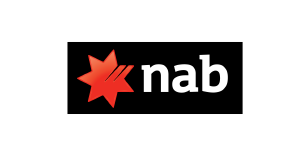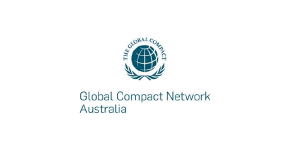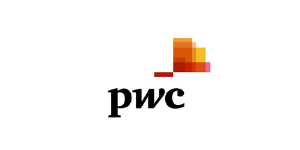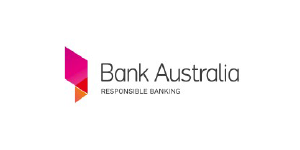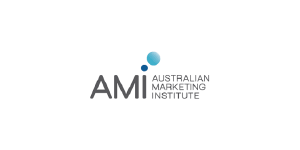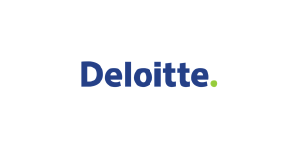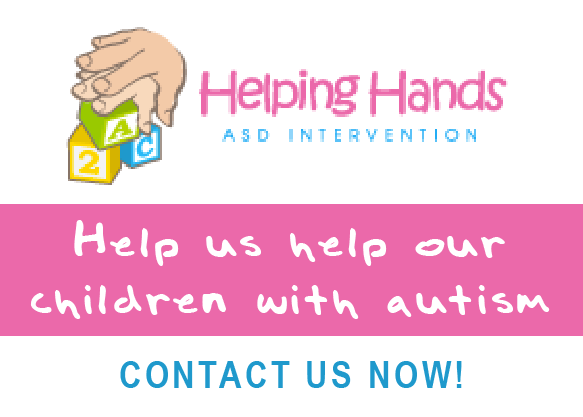
Top RAP corps are inspiring others
Socially responsible corporates are conscious of the importance of actively contributing to the economic and community development of Aboriginal and Torrest Strait Islander peoples. This is supported by the statistics and the remarkable interest received in the article Top RAP corps, which has served as inspiration for other organisations.
In order to acknowledge businesses that are listed and to keep inspiring others, the GoodBiz Network reached out to some of those corporates and set them a challenge; to put in less than 50 words their insights into some key factors regarding their Reconciliation Programs. The key factors were: the most important benefits their RAPs have brought to their businesses, most relevant results, and a staff member’s testimonial about an Indigenous engagement project they have participated in.
The corporates accepted the challenge to share their reflections with their CSR community, and here we show them in alphabetical order.
We’re proud to be able to raise awareness of Aboriginal and Torres Strait Islander histories and cultures through our Reconciliation Action Plan. We know that our staff are very engaged and love participating in activities that support our RAP and we see this as a great success.
“Through the scholarships we support, we’re doing what we can to help close the gap. We are helping provide local leaders with the chance to explore a wide range of social, cultural and environmental aspects of their areas and to develop their skills as community leaders,”
– Derek de Vrieze
Bank Australia has supported the establishment of scholarships for Aboriginal and Torres Strait Islander people to be involved in a number of community leadership programs in communities where we operate. So far, these have been in central and northern Victoria, Ballarat, Gippsland and Queensland.
Our RAP has been instrumental in the success and importance of strengthening relationships between EFC and the Indigenous community. The RAP has numerous external members of the local Indigenous community involved, this is integral in showing the commitment EFC has to developing and maintaining relationships with the local Indigenous community.
“During the Dreamtime week (AFL Indigenous Round) I participated in the clubs cultural awareness session and got a greater understanding of the plight of Aboriginal people in Victoria and the intergenerational disadvantage they still face today…”
– Matthew Whelan
The Essendon Football Club “Bomber’s Bright Futures” program aims to increase employment outcomes in Melbourne’s North West region by generating opportunities for Indigenous employment, brokering relationships between local industry, prospective employers and Indigenous jobseekers.
The opportunity to engage and develop our most valuable resource – our people. Our organisation is becoming more culturally competent through, supporting our aspiration for a future where the cultures, histories and rights of Indigenous Australians are understood, recognised and respected by all Australians.
-Working in community through Jawun- ‘It made me realise that my work supports something really meaningful, and that the firm’s purpose is not only focussed on the profit side of things, but on sustainable growth and development, and the need to develop the community around you.”
– Tien Do
In FY15, KPMG completed $1.5 million of work pro bono for organisations, communities and programs that benefit Aboriginal and Torres Strait Islander people. KPMG has been working with the Tiwi Land Council and traditional owners for 12 years, to assist with recruitment, strategic and business planning, economic development, and building governance capability for more than 30 Tiwi business directors.
Our reconciliation activities have raised the firm’s awareness of the issues, the need for greater compassion and the importance of cultural sensitivity.
“ The RAP Committee has organised cultural training programs to be run in the office. I have learnt a great deal from these cultural training sessions and now have a far greater understanding of our ability to influence, assist and promote reconciliation on a personal level.”
– Alec Weston
Through building a strong relationship with the School of Indigenous Studies at the University of Western Australia we have been able to provide graduate employment and cadetship training opportunities.
We are proud to now have more than 200 Indigenous employees and to have supported more than 15,000 Indigenous Australians access $12.75 million in safe, affordable microfinance. We are becoming more culturally aware and making NAB a place where Aboriginal and Torres Strait Islander people feel respected.
“I’m proud to work for an organisation which ‘walks the talk’ on its Indigenous programs. Without meaningful RAPs, opportunities like the one that was provided to me, and over 200 Indigenous trainees since, would not be possible. ”
– Anthony Lew-Fatt
NAB has maintained annual RAP reporting to create greater transparency and we were the first to introduce third party assurance, ensuring greater accountability of results. We strongly advocate this approach to others, as it is the right thing to do and helps drive real outcomes for Indigenous Australia.
Our Indigenous Consulting firm (PIC) aims to help create positive change by providing trusted professional services and advice on Indigenous matters. We like to think of PIC as a partnership between the world’s oldest living culture and one of the world’s largest professional services firms.
“I’ve had the opportunity to personally build PwC Adelaide’s relationship with Tauondi College through creating the first Aboriginal student Office services work experience placement. It has been rewarding to see the placement students engage with our staff as coworkers and develop through their experience.”
– Alice Birchmore
With the combined capability and resources of PwC and PIC, we have been able produce thought leadership on Indigenous matters including; Indigenous career advancement in the public sector and the Value of Indigenous Sight, a report commissioned by University of Melbourne Indigenous Eye Health.


